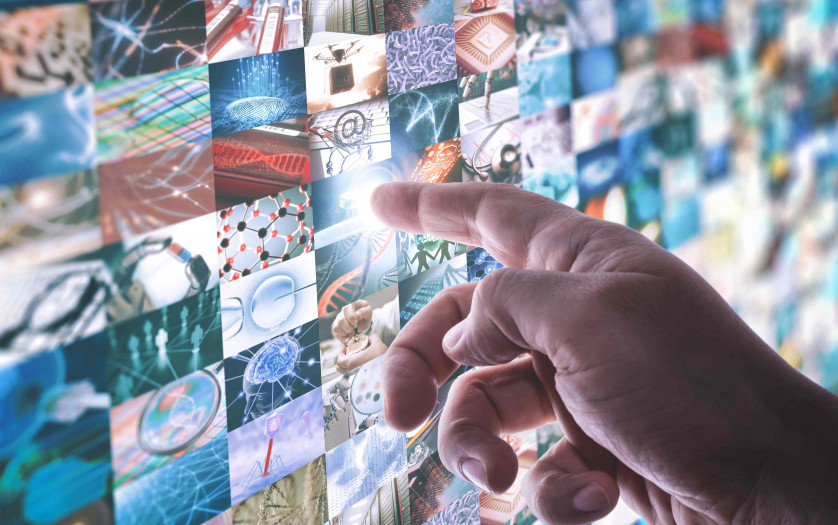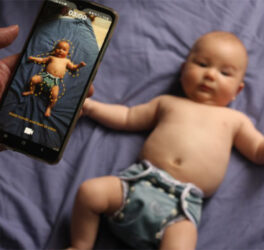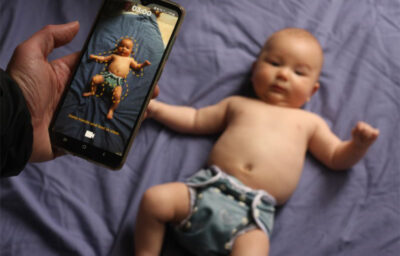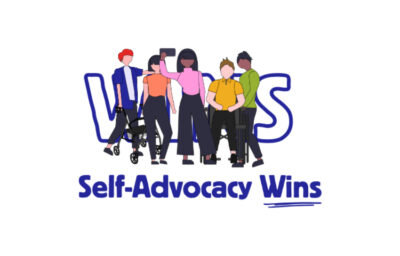
The new Spain’s General Telecommunications Law will include a set of precepts aimed at improving accessibility to electronic communications for people with disabilities.
This is foreseen by the draft law that last Friday the Ministry of Economic Affairs and Digital Transformation put out for public consultation, and that the Government expects that it will come into force in mid-2021, once the parliamentary processing that will foreseeably begin early next year.
Regarding the protection of consumer rights, operators must provide information prior to contracting “in an accessible format for end users with disabilities.”
Article 73 establishes that by means of a royal decree, the basic conditions for the access of people with disabilities to the technologies, products and services related to electronic communications may be established.
This decree “will establish the requirements to be met by operators of electronic communications services available to the public to guarantee that users with disabilities”, first, “they can have access to electronic communications services equivalent to that enjoyed by the majority. of end users, including contractual information “and, second,” benefit from the possibility of choosing the operators and services available to the majority of end users “.
In transposition of the European Code of Electronic Communications, the draft introduces the possibility for the European Commission to establish maximum single rates for the termination of voice calls on a European scale, and reinforces the operation of the number 112 as an emergency call number throughout Europe , establishing the obligation that said number be accessible to people with disabilities and introducing the possibility of sending, through it, alert messages to the population.








